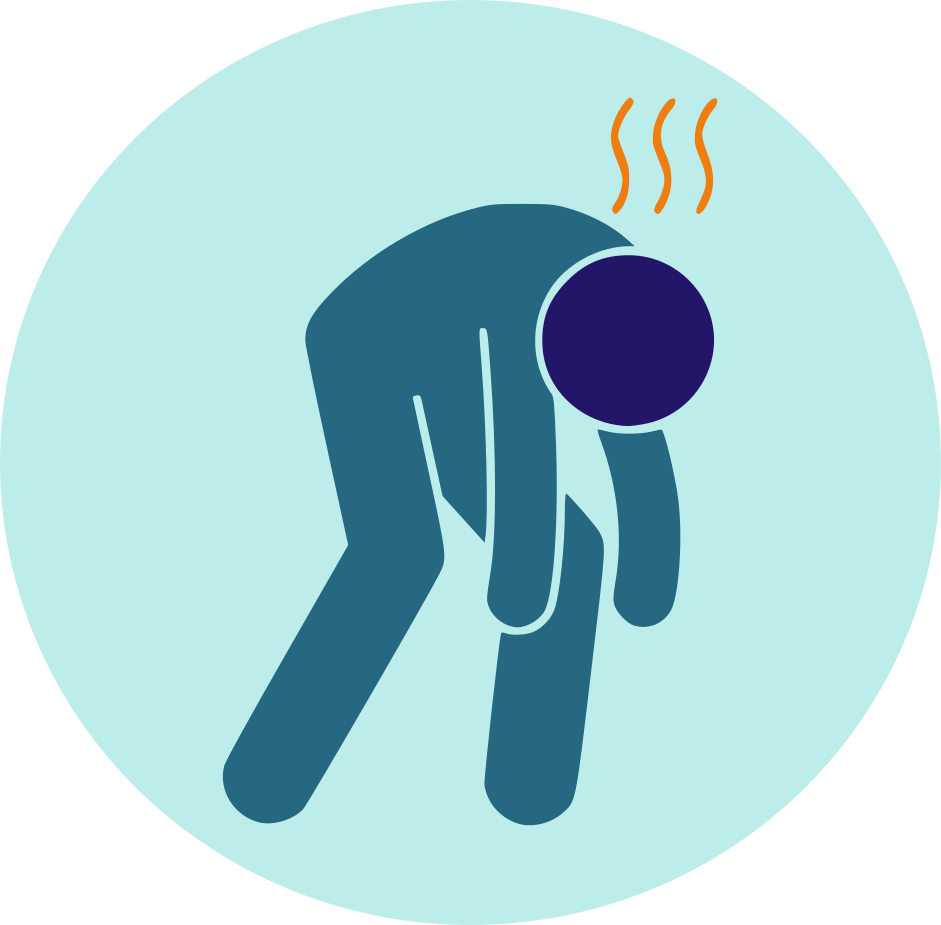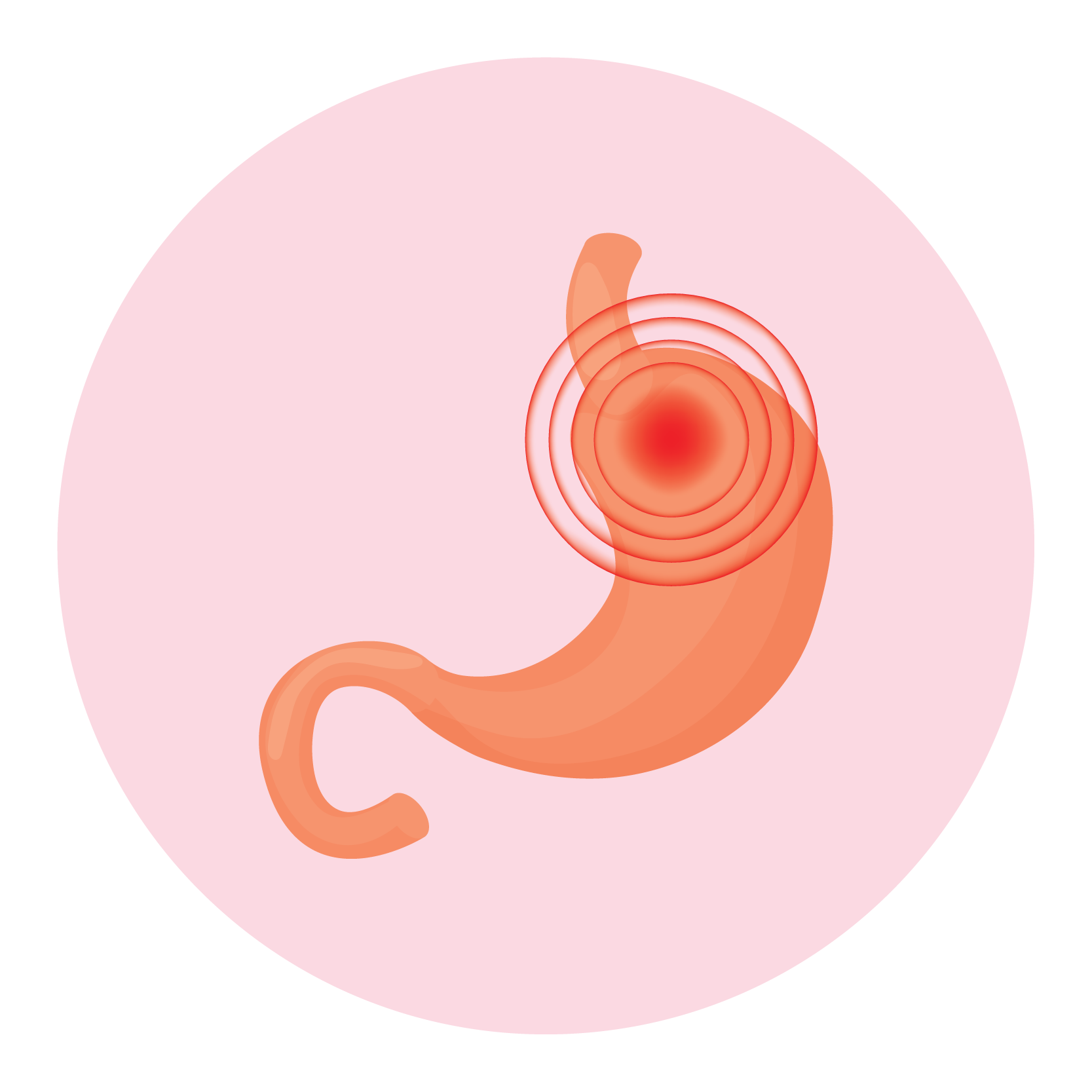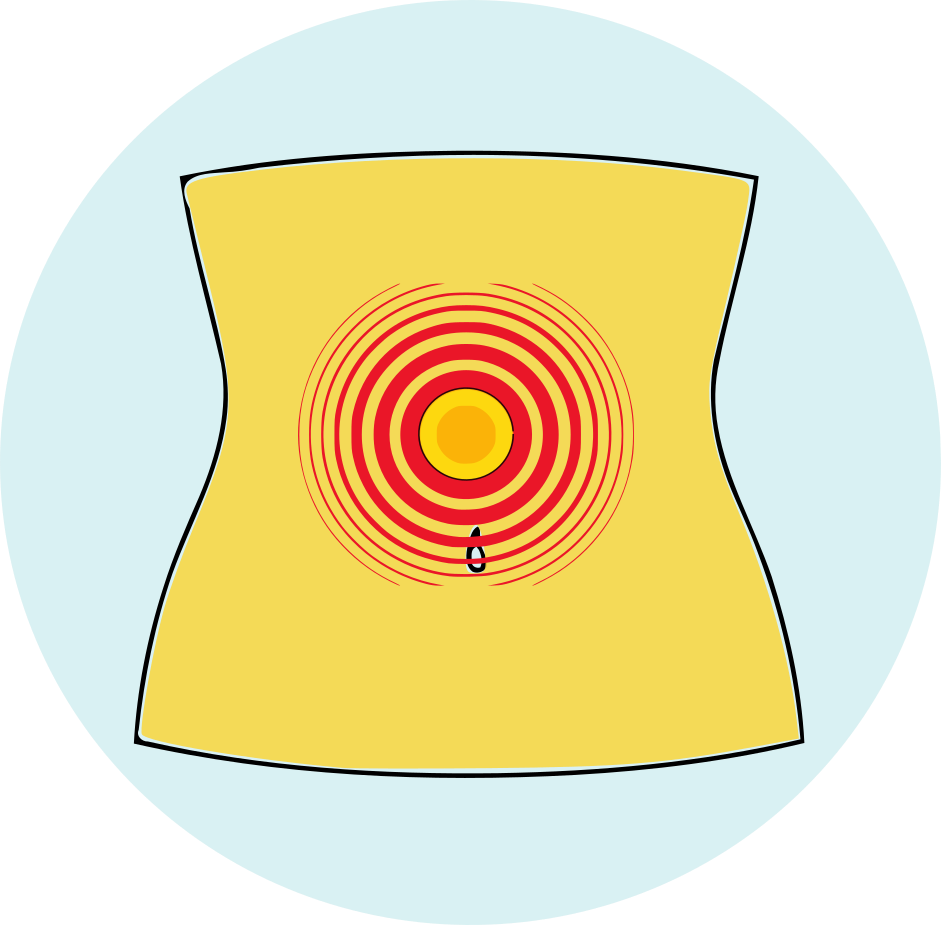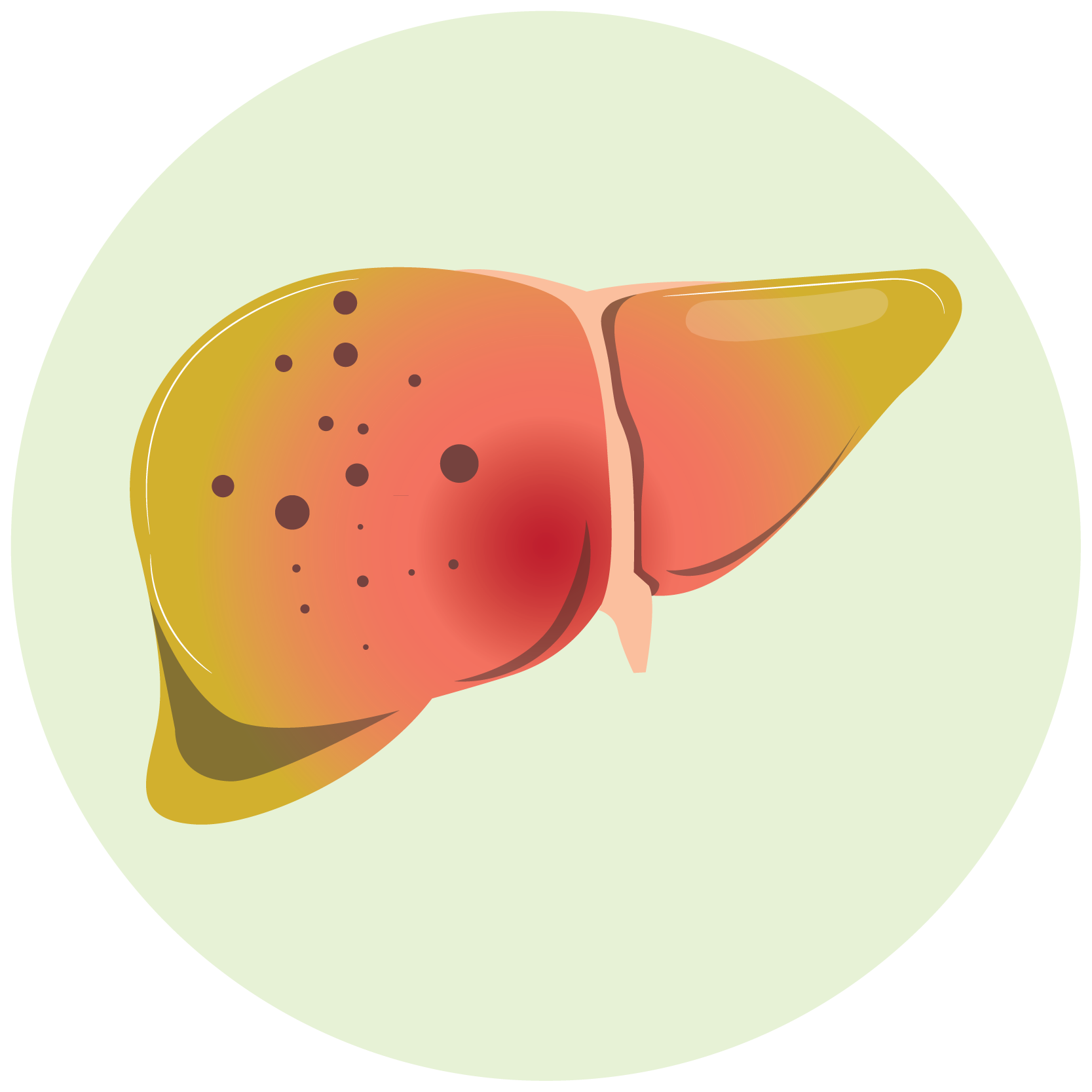| Name | Aprepitant |
| Classes |
Antiemetic Agent Antivomiting Agent |
| Diseases |
Aprepitant
Aprepitant is a human substance P/neurokinin 1 (NK1) receptor antagonist with a selective high affinity. Aprepitant has little or no affinity for serotonin (5-HT3), dopamine, or corticosteroid receptors, which are the targets of current chemotherapy-induced nausea and vomiting (CINV) and postoperative nausea and vomiting (PONV) medications (PONV) like ondansetron. palonosteron.
- Aprepitant can be used alone or in combination with the other anti-emetics.
- Aprepitant capsules in adults and pediatric patients 12 years of age and older: 125 mg on Day 1 and 80 mg on Days 2 and 3
- Aprepitant for oral suspension in pediatric patients 6 months to less than 12 years of age or pediatric and adult patients unable to swallow capsules: 3mg/kg on day 1 with a maximum dose of 125mg. 2mg/kg on day 2 and 3 with a maximum dose of 80mg.
- Administer Aprepitant 1 hour prior to chemotherapy on Days 1, 2, and 3. If no chemotherapy is given on Days 2 and 3, administer Aprepitant in morning.
Common adverse reactions in patients treated for chemotherapy induced vomiting and nausea are-
- fatigue
- diarrhea
- asthenia
- dyspepsia
- abdominal pain
- hiccups
- Leukopenia
- dehydration
- increased alanine aminotransferase
Clinically Significant CYP3A4 Drug Interactions
- Aprepitant is a substrate, a weak-to-moderate (dose-dependent) inhibitor, and an inducer of CYP3A4.
- Use of Aprepitant with other drugs that are CYP3A4 substrates, may result in increased plasma concentration of the concomitant drug.
- Use of pimozide with Aprepitant is contraindicated due to the risk of significantly increased plasma concentrations of pimozide, potentially resulting in prolongation of the QT interval, a known adverse reaction of pimozide.
- Use of Aprepitant with strong or moderate CYP3A4 inhibitors (e.g., ketoconazole, diltiazem) may increase plasma concentrations of aprepitant and result in an increased risk of adverse reactions related to Aprepitant.
- Use of Aprepitant with strong CYP3A4 inducers (e.g., rifampin) may result in a reduction in aprepitant plasma concentrations and decreased efficacy of Aprepitant.
Decrease in INR with Concomitant Warfarin
- Coadministration of Aprepitant with warfarin, a CYP2C9 substrate, may result in a clinically significant decrease in International Normalized Ratio (INR) of prothrombin time.
Risk of Reduced Efficacy of Hormonal Contraceptives
- Upon coadministration with Aprepitant, the efficacy of hormonal contraceptives may be reduced during administration of and for 28 days following the last dose of Aprepitant
Contraindication
- Contraindicated in patients hypersensitive to any component of the formulation.
- Coadministration with pimozide is contraindicated.
There is no known contraindications of the preparation in terms of food and drinks.
None known.
 Bangla
Bangla English
English






